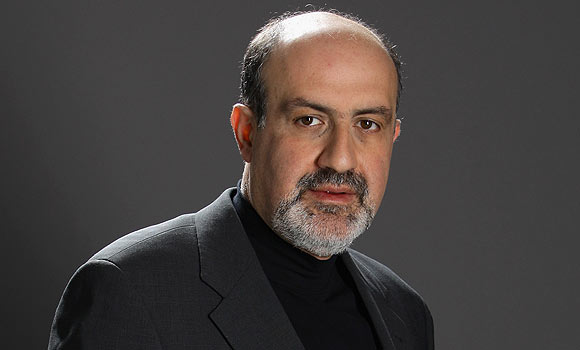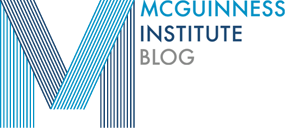-
 Antifragile author Nassim Nicholas Taleb (image sourced from The Sunday Times)
Antifragile author Nassim Nicholas Taleb (image sourced from The Sunday Times)
Have you found the book Antifragile yet? It’s worthwhile tracking one down even if it’s simply to read the prologue. Nassim Nicholas Taleb (the author) previously wrote The Black Swan. He is trying to understand how to best position oneself, an organisation (or even a country) in a world where the only certainty is uncertainty – what are the lessons we can learn.
Taleb’s book opens with an explanation of shocks and uncertainty. Some things are fragile and respond poorly to shocks, whilst others benefit from shock and thrive on volatility. However, the latter is not simply a display of robustness; he goes further to state it is the opposite of fragility. This concept dubbed ‘antifragility’ by Taleb denotes the state beyond resilience or robustness. “The resilient resists shocks and stays the same; the antifragile gets better.” Our challenge is to first acknowledge that robustness isn’t at the end of the fragility continuum, and then to shift our focus towards antifragility.
In some places Taleb is frustrated and goes off on tangents, but he is still exploring ground that most people think is simply too big and complex to get ones head around. Although the book is large (480 pages), the way Taleb structures his writing means that the book can be dipped in and out of and appreciated in isolation. I find myself laughing at his dry sense of humour, for example, Appendix I is called ‘A Graphical Tour of the Book’ … which he states is “For those nonliterary folks who like to see things in graphs, rather than words, and those only.” I also enjoy reading the notes section of Antifragile, which is both fascinating and random. For example I found last night in his notes a 2020 quote of Steve Jobs about clean thought; “That’s been one of my mantras—focus and simplicity. Simple can be harder than complex: You have to work hard to get your thinking clean to make it simple. But it’s worth it in the end because once you get there, you can move mountains.”
It’s a dense book, but the core concept has permeated my thinking around matters of fragility at all levels, be they individual, family, business, national or anywhere in between. In an uncertain world, benefiting from shocks and risks will become tantamount to surviving long term; in other words the old adage continues to be validated – ‘what does not kill us will only make us stronger’.






















![20160906 McGuinness Institute - TacklingPovertyNZ Workshop – Far North Flyer [FINAL]](/wp-content/uploads/20160906-McGuinness-Institute-TacklingPovertyNZ-Workshop-%E2%80%93-Far-North-Flyer-FINAL-1-50x50.png)